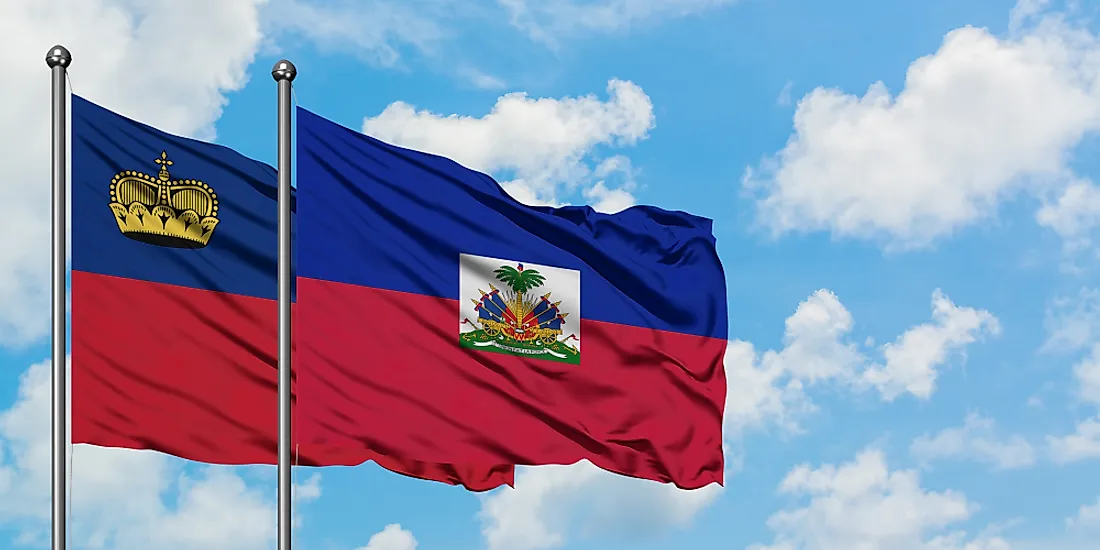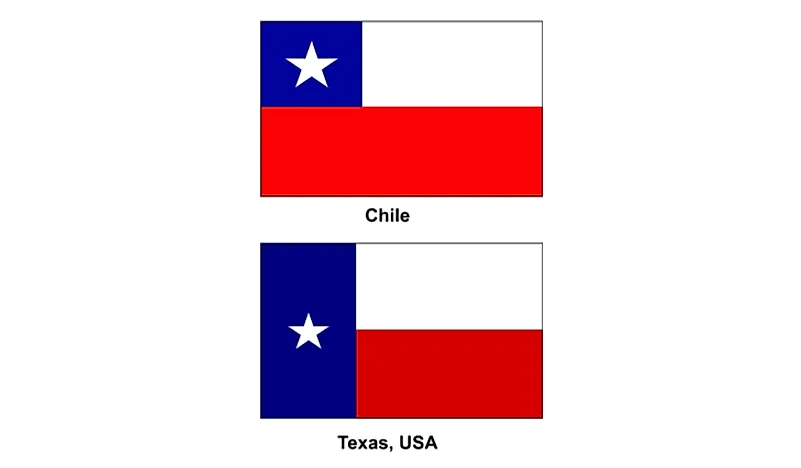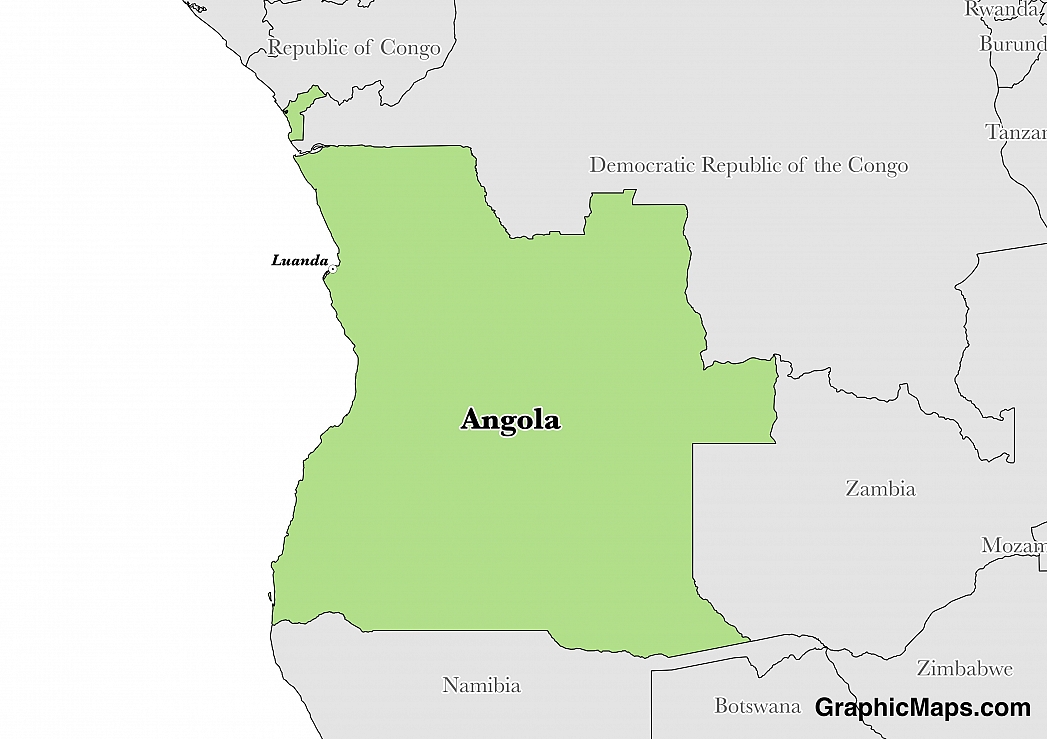The official language of Angola is Portuguese which reflects a colonial past, similar to many other African nations. A large chunk of social and political institutions use Portuguese as well as being used during events of cultural importance in the country. As with many other languages that have developed in Africa due to colonialism, Angolan Portuguese has a unique accent but is recognised as being a similar dialect to Brazilian Portuguese. 85% of urban dwellers in Angola will speak Portuguese compared to just 49% of citizens in the rural areas of the country.
Around 39% of Angola's 28.8 million inhabitants speak Portuguese. Portuguese is also spoken by much more throughout the country as a second language. The 2014 national census of Angola found that approximately 71% of the population speaks Portuguese at home.
Many easy-to-learn Portuguese phrases will become useful while travelling in Angola. "Como vai?" is a common everyday phrase, meaning "how are you?" A correct response to this phrase is muito bem, which translates as "very good". Portuguese is a language that has a non-formal and formal dialect; it is good to familiarise with the differences in the two tones. "Compreende?" is another important word to learn and means "do you understand?"
Although there is only one official language in the country, Angola is home to 38 other national languages. The most prominently spoken language other than Portuguese is a Bantu dialect known as Umbundu, spoken by roughly a quarter of the population. Angolan radio broadcasts in 14 different native languages and many national languages are taught in schools. Also, a region in Angola called Cabinda is home to many French speakers, outnumbering Portuguese speakers nine to one.
This page was last modified on May 1st, 2018
More on Graphicmaps

Published on 2019-11-06
What is a Trade Embargo?

Published on 2019-11-04
Which Two Countries Used to Have the Same Flag?

Published on 2019-09-16
What Is the Only Two-Sided State Flag?

Published on 2019-09-16
Which Country Flag Looks Like the Texas Flag?

Published on 2019-08-29
Flags That Resemble the US Flag

Published on 2019-08-20
